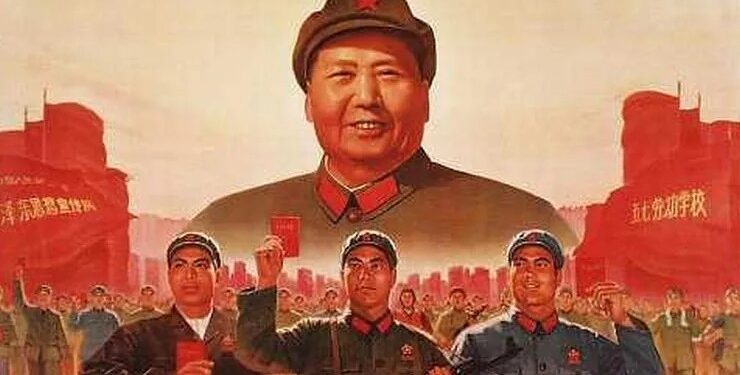On October 1, 1949, Mao Zedong stood atop Tiananmen Gate in Beijing and proclaimed the establishment of the People’s Republic of China (PRC). This momentous event marked the culmination of decades of conflict and the beginning of a new era in Chinese history.
The road to the PRC’s founding was long and tumultuous. Following the collapse of the Qing Dynasty in 1911, China entered a period of political fragmentation and civil war. The Chinese Communist Party (CCP), founded in 1921, emerged as a significant force during this time, led by Mao Zedong and other revolutionary figures.
The CCP’s rise to power was shaped by several key events:
- The Long March (1934-1935): A grueling 6,000-mile journey that allowed the Communists to regroup and gain popular support.
- The Second Sino-Japanese War (1937-1945): The CCP’s guerrilla tactics against Japanese invaders boosted their reputation.
- The Chinese Civil War (1945-1949): Following World War II, the CCP defeated the Nationalist Kuomintang forces, led by Chiang Kai-shek.
With the Nationalists retreating to Taiwan, Mao and the CCP gained control of mainland China. The establishment of the PRC represented a seismic shift in global politics, aligning China with the Soviet Union and other communist states during the Cold War.
The new government quickly implemented sweeping changes:
- Land reform: Redistributing land from landlords to peasants
- Industrialization: Rapid development of heavy industry
- Collectivization: Organizing agriculture into communes
- Social reforms: Promoting literacy, women’s rights, and public health initiatives
However, the PRC’s early years were also marked by significant challenges and controversies, including the Great Leap Forward (1958-1962) and the Cultural Revolution (1966-1976), which had profound and often devastating effects on Chinese society.
In the decades since its founding, the PRC has undergone dramatic transformations. Economic reforms initiated by Deng Xiaoping in 1978 set China on a path of rapid growth and modernization. Today, the PRC stands as the world’s second-largest economy and a major global power.
The establishment of the People’s Republic of China in 1949 remains a defining moment in world history, shaping not only China’s destiny but also the geopolitical landscape of the 20th and 21st centuries.
newshub


Recent Comments